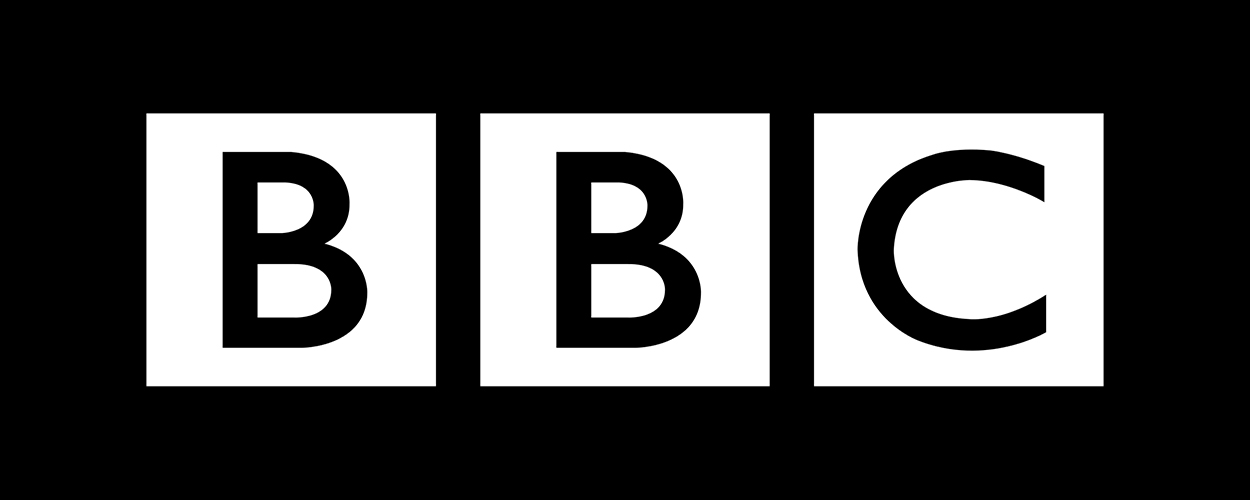This website uses cookies so that we can provide you with the best user experience possible. Cookie information is stored in your browser and performs functions such as recognising you when you return to our website and helping our team to understand which sections of the website you find most interesting and useful.
Business News Media
BBC boss confirms he will depart this summer
By Chris Cooke | Published on Tuesday 21 January 2020

BBC boss Tony Hall confirmed yesterday that he will stand down later this year, allowing a new chief time to bed in before a 2022 review of the Corporation’s royal charter.
Hall has overseen some significant changes during his seven years as BBC Director General, some of which have been very challenging for those working there. Though arguably the decade ahead presents even greater challenges, which could result in even bigger changes.
The royal charter is the BBC’s agreement with Parliament that grants it all that licence fee money in return for providing a stack of services. The charter also demands that the Corporation is wary of and constantly minimises the negative impact that its licence fee funded operations can have on the wider media and entertainment industries.
The UK government put a lot of pressure on BBC bosses to cut costs a decade ago. But in the years ahead it seems likely that ministers, empowered by the Conservative Party’s significant majority in Parliament, will increasingly question the very existence of a licensee fee funded public broadcaster. The current royal charter runs until 2027, so after that 2022 review, negotiations will begin on how the BBC might be funded into the 2030s.
That said, the BBC’s bigger challenge is all the recent shifts in the way media is consumed, with a younger generation coming through for whom the TV channels and radio stations around which the Corporation has always been structured are irrelevant. And while the Beeb was an early innovator online, it has struggled to stay relevant among younger consumers with the rise of the social networks and global streaming services.
Those two challenges interconnect, of course, because anti-BBC politicians will use the fact the broadcaster has struggled to remain relevant with a younger audience as justification as to why the Corporation should be streamlined and the licence fee ultimately phased out.
Some at the BBC reckon the solution is diversification, reaching audiences in other ways. In music the BBC is already a prolific event organiser. And as the BBC Sounds app evolves it becomes more like a streaming service. Though such diversification will probably just add to the Beeb’s political woes, because it provides extra ammunition for its critics.
After all, the Corporation isn’t meant to be using its privileged position as the sole beneficiary of the licence fee to compete head on with festival promoters and streaming services. Already there’s an argument that the broadcaster isn’t really operating within the spirit of the royal charter and its obligation to mitigate its impact on the wider media and entertainment industries. BBC bosses usually achieve this by sneakily employing the ambiguities regarding how the rules should apply to its commercial division BBC Studios.
Of course, while festival promoters and streaming services would prefer the BBC wasn’t a competitor, the music community at large also recognises what a vital role the broadcaster continues to play in supporting new talent and more niche genres. The BBC needs to change, and needs to be more wary of the impact of its changes, but even many of its critics recognise all the good stuff the broadcaster does and don’t want to lose any of that.
So, like we said, a challenge. And, Hall says, while part of him would like to run the BBC forever, having dealt with the last round of challenges, now is probably the right time to bring in a new team to tackle the next lot, which will run through until at least 2027.
“I believe that an important part of leadership is putting the interests of the organisation first”, Hall wrote in a memo to staff yesterday. “The BBC has an eleven-year charter – our mission is secure until 2027. But we also have a mid-term review process for the spring of 2022. As I said last week, we have to develop our ideas for both [the review and charter renewal]. And it must be right that the BBC has one person to lead it through both stages”.
Hall’s memo also included some pondering, including on his belief that the BBC is “in a much stronger place than when I joined”. The changes he instigated had been tough at times he conceded, and there’s still more to do. “But I believe our recent record of transformation stands comparison with virtually any other creative organisation in the world”.
Also finding time to big up the Corporation and the role it plays in British society, he added: “As our country enters its next chapter it needs a strong BBC, a BBC that can champion the nation’s creativity at home and abroad, and help play its part in bringing the UK together. In an era of fake news, we remain the gold standard of impartiality and truth. What the BBC is, and what it stands for, is precious for this country. We ignore that at our peril”.
And finally, he confirmed that – whoever takes over the DG job – the one thing that won’t change is the need to yet again change. “We must and can never stand still”, he wrote. “We have to keep adapting, reforming and leading. Our values are timeless but the need for constant change is ever-present. The BBC has changed hugely in recent years – and that’s going to continue. We have to embrace the opportunities it brings.
Hall will actually step down this summer. BBC Chairman David Clementi will lead the search to find a new DG.





